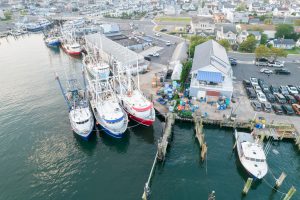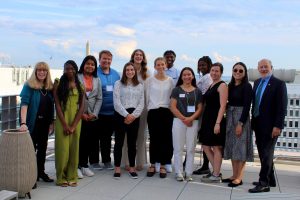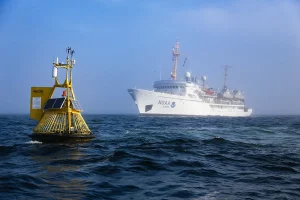National Park Service
The National Park Service (NPS) is pleased to support the Future Park Leaders of Emerging Change (FPL) program as a pathway for exemplary students in higher education (advanced undergraduate students, graduate students, and recent graduates) to apply their skills and ideas to park-based challenges and solutions. The Initiative offers 12-week paid internships which allow students to gain valuable work experience, explore career options, and develop leadership skills through mentorship and guidance while helping to advance NPS efforts on emerging management issues. Successful students may be eligible for non-competitive hire into federal positions for which they qualify following completion of all academic requirements.
One Position at the Olympic National Park is to “Develop an Ocean Acidification Action Toolkit for Our National Parks”. During the 12 weeks, the intern would develop a suite of ocean acidification (OA) outreach and education materials, including an interpretive script, briefing summaries that define OA, the impacts of OA, and on the OA science is happening in our national parks. The intern would help the park service effectively communicate changes that our oceans face
For more information visit [EasyDNNnewsLink|76]





